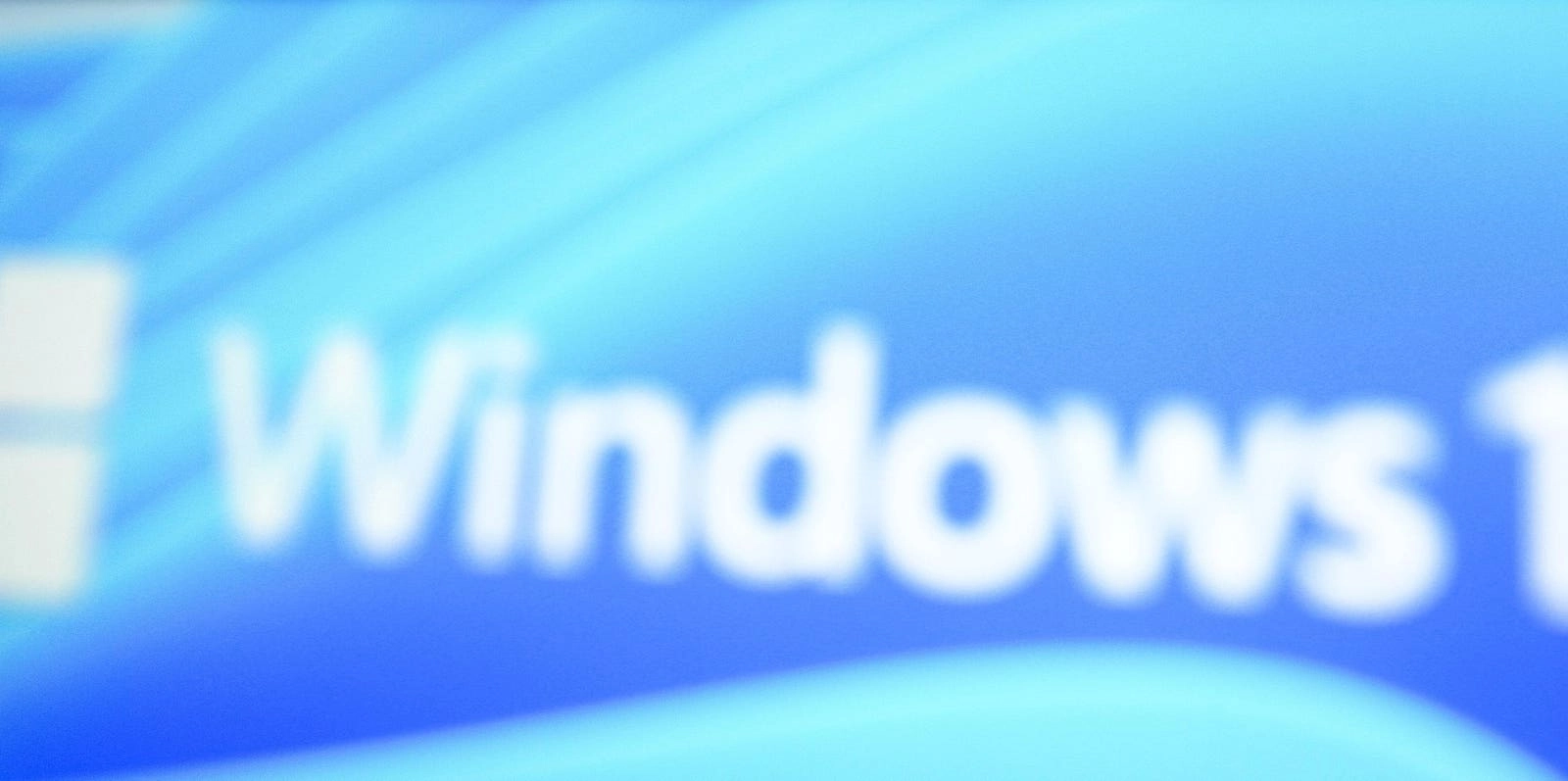New warning for Windows users as Microsoft’s controversial decision impacts many.
In the past fortnight, users of Microsoft Windows have faced numerous severe malware alerts following a significant Patch Tuesday, compounded by several alerts from U.S. government entities. Now is certainly not the time to withdraw ongoing security support; however, for hundreds of millions of users, there may soon be no other option.
The issue at hand is the upcoming end of life for Windows 10, set for next October. This poses a significant challenge for vast numbers of Windows users reluctant or unable to upgrade to Windows 11 due to either personal preference or because their devices do not meet the stringent security requirements set by Microsoft for the upgrade.
Many are wondering if Microsoft will ease these security requirements as the deadline approaches to facilitate the transition for millions more. Others speculate about the possibility of a free extension period, which could provide additional time beyond what might be available through costly paid options that Microsoft may offer.
Unfortunately, for any Windows 10 users hoping for such changes last month brought more bad news over and above Patch Tuesday. Microsoft dashed hopes by shutting down the well-publicized “/product server” workaround that tricked the Windows setup process into completely ignoring its usual hardware tests.
At the time, I commented on Forbes that “Microsoft’s new workaround decision seems to be a confirmation of its intent, maintaining its firm stance where Windows 11 hardware is confirmed… which is bad news for the 70% of all Windows users staring down the barrel of October 2025.”
XDA Developers has now suggested that “using unsupported hardware on Windows 11 is only going to get more miserable,” and their reasoning—if right—should be another warning for Windows 10 holdouts that Microsoft is unlikely to relent.
There is the obvious benefit for Microsoft, the site says, in “forcing people who want to continue to get official support to hop to Windows 11 [which] would drive PC sales,” but “there’s another layer that’s in play here.”
This “other play” is AI—what else. “Microsoft is going all-in on its AI strategy, creating what’s called ‘Copilot+ PCs’ that have enhanced AI tools that utilize a system’s NPU. Right now, there aren’t too many Copilot+ PCs out there, but give the company just over a year and there should be a lot more.”
A few hundred million PC upgrades will equate to a serious increase in the number of Copilot + PCs knocking around, so the theory goes, and it’s hard to argue the logic. Especially when the tidy, monthly revenues from AI subs come into view.
Unplanned though it likely is, there’s certainly something mightily convenient about a generational shift in the requirement for PC hardware coinciding with a separate, generational shift in recurring AI revenues—rather like your connecting flights arriving and connecting from adjacent gates.
Two other stories in the last week provide some neat, additional context. First is the resurgence of Recall. This constant stream of screenshots of everything done on your PC—good and bad—should enable an AI engine to summon up anything through a simple prompt. Unsurprisingly, it was labeled a privacy nightmare when it was first mooted. Now with some more security protections and opt-outs and even (possibly) an option to uninstall, it’s coming back—at least for more advanced users to test.
The latest update for Windows 11 may soon introduce a feature allowing users to index all video and audio files stored on a PC, facilitating intelligent searches. This advancement hints at a future where your PC becomes a central hub for memory storage, with Microsoft’s AI technologies at the helm. This evolution may not be welcome news for those still clinging to outdated operating systems.
This upcoming year will be a pivotal period for the Windows community as we observe the adoption of new AI functionalities—particularly the Recall feature—and how effectively Windows 11 can narrow the existing technological divide.
According to XDA Developers, 70% of Windows users who have not yet switched to Windows 11 ought to be wary. They predict that using Windows 11 on incompatible hardware could become increasingly challenging.
One Community. Many Voices. Create a free account to share your thoughts.
Our community focuses on fostering connections through open and reflective discussions. It’s a place for readers to share opinions, engage in idea exchange, and present information within a respectful environment.
Please adhere to the posting guidelines outlined in our Terms of Service. Below is a brief summary of some critical rules we uphold to maintain decorum.
Your submission will be declined if it includes content that:
User accounts will face restriction if activities suggest or confirm engagement in:
So, how can you be a power user?
Thanks for reading our community guidelines. Please read the full list of posting rules found in our site’s Terms of Service.
